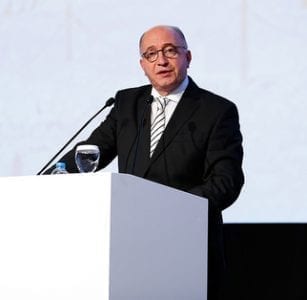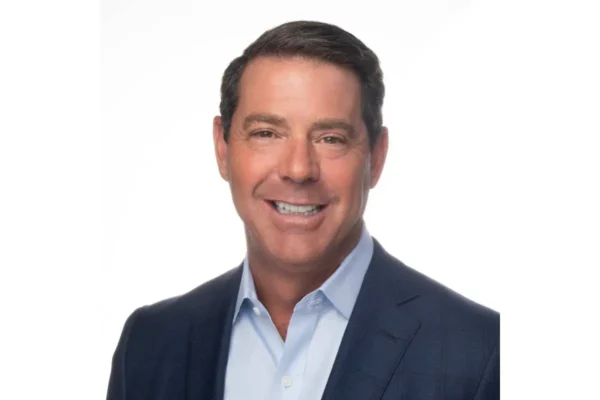In a time when many international meetings are struggling to convince their delegates that it is safe to travel despite the geopolitical unrest in the world, International Congress and Convention Association (ICCA) members showed their loyalty and resilience by registering in large numbers for the 53rd ICCA Congress, taking place until Nov. 5 in Antalya, Turkey.
ICCA’s most important annual event attracted more than 900 delegates from a record-breaking 72 countries, making this one of the largest four ICCA Congresses ever.
 ICCA President Arnaldo Nardone spoke at the Opening Ceremony of the 53rd ICCA Congress:
ICCA President Arnaldo Nardone spoke at the Opening Ceremony of the 53rd ICCA Congress:
“This is one of ICCA’s largest ever gatherings. That’s a big success story, but it is important to remember that a year ago, we were confidently predicting that this would actually be our largest-ever Congress. Life is not always predictable.”
“Who would have thought that 2014 would be a year where terror and fear filled the TV news and newspaper headlines for what seemed like months without end? Turkey has suffered very unfairly as a result of this mood of fear. Tourists, business travelers, and – yes – conference delegates also – all have been made more fearful to travel, more fearful of strangers, more fearful in their own cities even when they decide to stay at home!”
“But what have we ICCA delegates seen and experienced for ourselves here in Turkey? A country that is calm and going about its normal business; welcoming guests with the same warmth; open to other cultures; friendly people; great service. This is not a story for newspaper headlines, but it is our reality; this is for sure.”
“This ICCA Congress is a very important event, not just for Turkey, but for the whole global meetings industry. For Turkey, it is important because every one of our 900 attendees will become an ambassador for your country, in the short term to tell the story of how things are here, on the ground, at this moment in time; in the longer term, they will spread the word about why this is a great country in which to organize international meetings.”
“But this Congress is also important for the wider meetings industry. Why? Our business depends upon two freedoms — to travel and to meet with others who may not share the same opinions. Fear and terror are fundamental enemies of these freedoms.”
“Every delegate who traveled here to the ICCA Congress made a conscious or unconscious decision that they would not be intimidated into staying at home. That is very, very important. If we are to persuade the doctors, scientists, and business executives to come to the thousands of meetings that ICCA members host and organize, we have to stand up in Antalya and hold our own Congress with confidence and with a smile on our faces. And that is what we intend to do!”
Members have been attracted by a high-level education program including deep-dive mini-conferences on advanced bidding, health care meeting challenges, and, only for CEOs, on business leadership under conditions of complexity. More than 70 speakers and discussion leaders will be participating in 50 education sessions over four days, the vast majority of which have been custom-designed for this Congress alone.
“At the early planning stage, we originally expected around 1,000 delegates, but it now looks certain we will still attract more than 900, which is a tremendous achievement given the geopolitical situation and media coverage of terrorism threats over the past year,” said Martin Sirk, CEO, ICCA. “ICCA members are typically highly experienced travelers and don’t scare very easily, but we have also worked hard with our Turkish local hosts to ensure our delegates have access to accurate information about the situation on the ground, which in Antalya is “business as normal.” An association such as ICCA, which promotes the importance of international meetings, has to be fully committed to its own meetings program as an important matter of principle.
A record 200 delegates have signed up to participate in ICCA’s unique Business Exchange program during the Congress, where crucial information on events they have recently hosted or won is shared, and large numbers of consortia and user groups have co-located their own meetings. This enables delegates to not only learn and grow their business networks, but to return home with new leads and vital intelligence on congress bids they are currently working on.






























